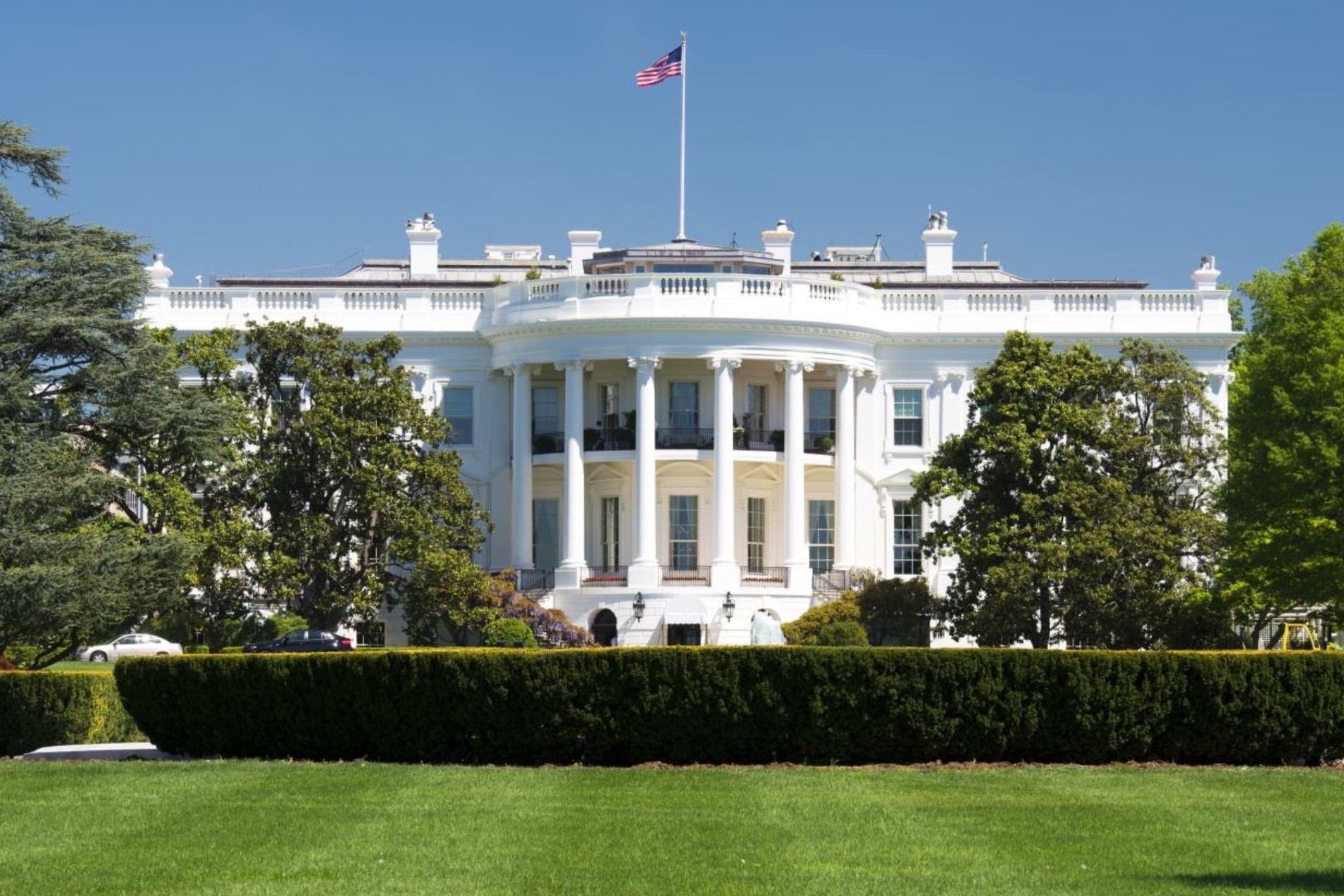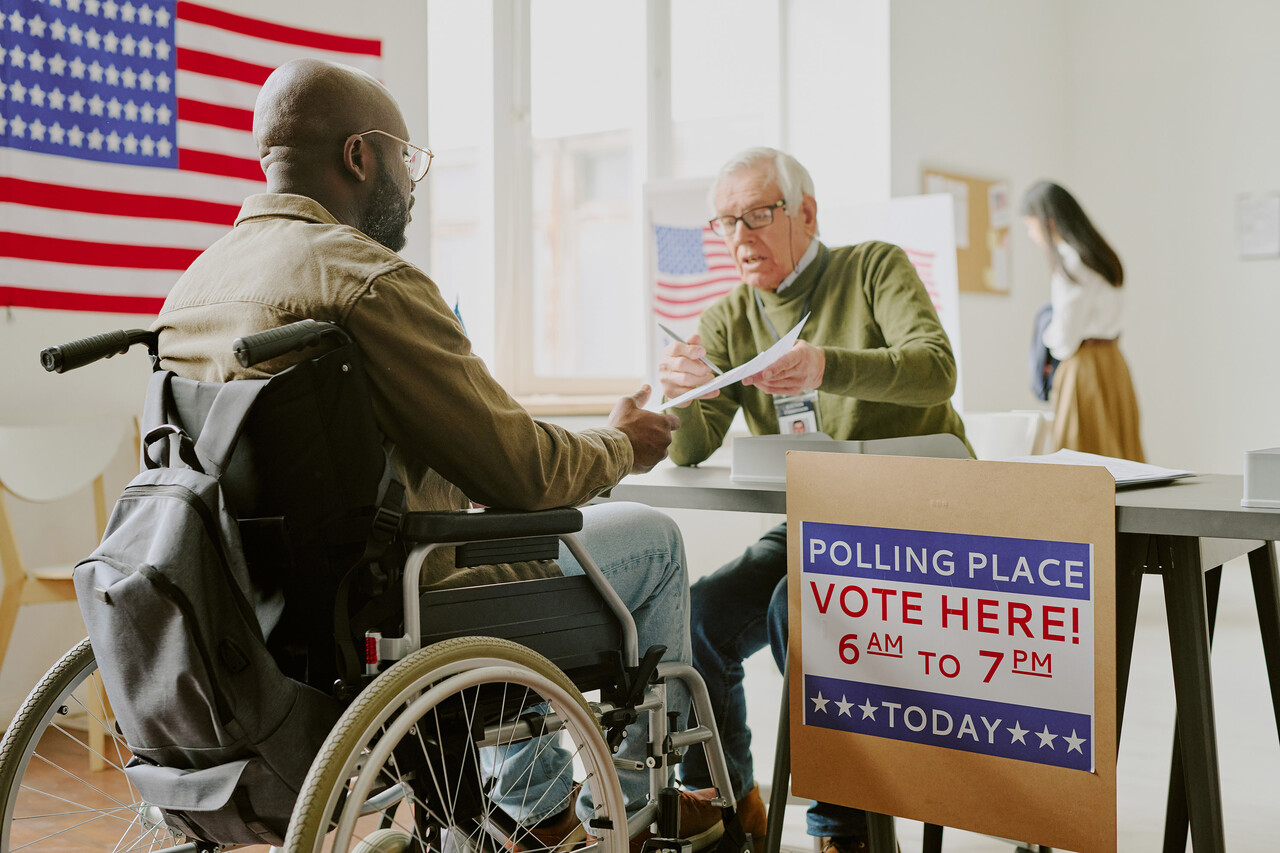- BlackVoter.Org
- Posts
- BLACKVOTER.ORG
BLACKVOTER.ORG
Sure! Please provide the article you'd like me to summarize, and I'll create an engaging summary for you.

A recent Navigator Research report reveals that half of Americans feel the 2024 presidential election is too close to call or admit they aren’t following the polls closely enough to predict a winner. While 32% think Kamala Harris is likely to win, only 19% believe Donald Trump has the edge.
Public sentiment shows a stark divide: 72% have seen news about Trump, with most echoing negative sentiments, while Harris enjoys more balanced coverage. The Democratic Party has a slight favorability boost over Republicans, who are viewed as more extreme by many.
Interestingly, public opinion researchers are favored over political pollsters, reflecting some skepticism towards polling accuracy. Amid all this uncertainty, it’s clear that many voters are feeling the tension as they gear up for a pivotal election year.

Get ready, Prince George's County voters! This comprehensive voter guide is your ultimate resource for navigating the upcoming elections. Packed with essential information, it provides insights into candidates, key issues, and important dates.
Whether you're a seasoned voter or casting your ballot for the first time, this guide will empower you to make informed decisions. Expect engaging content that highlights what’s at stake in your community.
Plus, with user-friendly features, finding the information you need has never been easier. Don’t miss out on your chance to be an active participant in democracy.

Beloved Community C-Ville is set to unveil an exciting virtual tour highlighting Charlottesville's rich African American history this Saturday, October 26th, at Mt. Zion First African American Baptist Church.
Featuring iconic landmarks such as Court Square and Vinegar Hill, the tour will mark the beginning of a series focused on celebrating the city's African American heritage. Viewers can look forward to short documentaries narrated by local historians, spotlighting significant sites like Jefferson School and Burley High School.
Esteemed speakers, including former Charlottesville City School Board member James Bryant and Apostle Sarah E. Kelley, will also grace the event.
Running from 4 p.m.
to 6 p.m.
, attendees will enjoy refreshments and engaging stories that uncover the tapestry of local history.

California Republicans are undergoing a surprising transformation by embracing mail-in voting, a stark contrast to their previous opposition. With voting ending on November 5, approximately 3.
3 million ballots have already been returned—16.5% from Republicans compared to 15.
4% from Democrats. Party chair Jessica Millan Patterson has taken the lead, stating her commitment to adapting to California's election rules and making mail ballot efforts a priority.
This shift is partly a response to the party's ongoing struggle, having not won a statewide election since 2006. Despite past controversies involving fake ballot drop boxes, GOP leaders are now pushing for early voting and ballot harvesting, recognizing the reality that mail voting is here to stay.
As the race heats up, turnout among diverse communities remains crucial, with upcoming elections likely influenced by these evolving strategies. California's political landscape is changing, and mail voting is central to the narrative.

Pamplin Town, a tiny community straddling Appomattox and Prince Edward counties, is gearing up for another election cycle with a familiar face at the forefront—incumbent Sarah Hamlett Blackwell is running unopposed for mayor. Having held the position since 2020, Blackwell is the only certified candidate for the upcoming term, although voters have the option to write in other names.
Despite her unchallenged status, Blackwell hasn’t engaged with a recent voter survey designed to capture residents' concerns and insights. The quaint town of around 70 residents will still see an election, another chance for locals to express their democratic rights.
Key voting dates are approaching, starting with the Super Tuesday primaries in March, and residents are encouraged to participate actively, ensuring that every voice matters—even in a town with just a handful of voters.

Voting is a fundamental right, but individuals with mobility challenges often encounter hurdles at polling places. To help navigate these obstacles, the article offers essential tips for voters with disabilities.
First, explore different voting options like absentee ballots, vote-by-mail, or early in-person voting to find what works best for you. Planning ahead is crucial; know your transportation and accessibility arrangements.
Communicate your needs at the polls, as accommodations are available under the Americans with Disabilities Act. Leverage local resources, such as accessible transportation or curbside voting, to make the process smoother.
Finally, consider bringing a buddy to assist with the voting process. Remember, your voice matters! It's vital to speak up for your rights and advocate for greater accessibility in elections.

As the presidential election approaches on November 5, 2024, the religious beliefs of candidates are coming into sharper focus. President Joe Biden's exit from the race has set the stage for a tight contest between Vice President Kamala Harris and former President Donald Trump, each with distinct religious backgrounds and perspectives.
A recent Pew Research survey shows that nearly half of Americans value strong religious faith in their leaders, with perceptions diverging sharply along political lines. While Trump is viewed as "very" religious by only 4% of the population, Harris, raised in a Baptist household, emphasizes the importance of faith as a call to action.
Other candidates, such as Jill Stein and Cornel West, share their unique spiritual viewpoints, further enriching the electoral discourse. As this election unfolds, how these candidates engage with faith could sway the decisions of many voters.

Vice President Kamala Harris is set to make waves in Texas this Friday, teaming up with U.S.
Representative Colin Allred for their first joint rally as candidates in the upcoming election. This unexpected visit signals a strategic push by Democrats to gain traction in a state historically dominated by Republican votes, especially as recent polls show Allred drawing closer to incumbent Senator Ted Cruz.
The event will spotlight key issues, including healthcare and women’s rights, with the critical abortion laws in Texas taking center stage. Adding to the excitement, Houston's own Beyoncé will perform, potentially energizing young and Black voters.
However, Harris' trip hasn't been embraced by all; Texas Republicans have voiced concerns about her policies on border security, framing her campaign as too progressive. This rally isn't just crucial for Harris and Allred—it's a pivotal moment that could reshape Texas' political landscape ahead of the national elections.

As Indian Americans gain political traction in the U.S.
, Indian Christians voice growing concerns about the implications of this shift. The rise of Hindu politicians and their influence can potentially threaten religious freedom for minorities in India, sparking anxiety among Indian Christians about the political landscape both at home and abroad.
While the Indian American community has traditionally leaned Democratic, recent trends show a notable shift towards Republican alignment, which complicates the dynamics of support for religious freedom. Activists and scholars highlight the worry that Hindu leaders may prioritize political interests over pressing issues like human rights violations, particularly concerning minorities in India.
This dual reality leaves the Indian Christian diaspora feeling divided and vulnerable, urging a more unified stance on advocating for inclusive human rights beyond their immediate communities. As the political landscape evolves, the challenge for Indian Christians remains to address these complex intersections of faith, identity, and advocacy.
